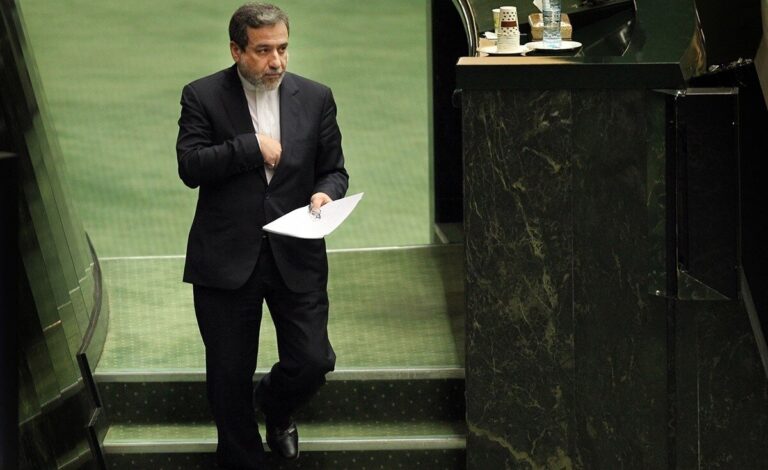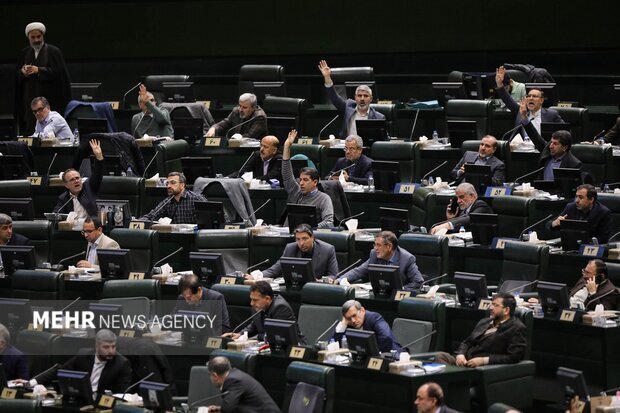Israel Unleashes Major Airstrikes on Lebanon: Escalating Tensions in the Region
The recent escalation in hostilities has seen Israeli fighter jets conduct multiple airstrikes across various regions of Lebanon. This situation has raised significant concerns regarding regional stability and security. The airstrikes, which totaled nearly 20 separate attacks, targeted specific areas, leading to widespread alarm among local populations.
According to Lebanese sources, the regions affected by these strikes include:
- Zibqin
- Beit Yahoun
- Al-Babliyah
These recent developments highlight the ongoing tensions in the region, which have been exacerbated by various geopolitical factors. The airstrikes are believed to be part of a broader military strategy aimed at addressing perceived threats along the border areas.
Local officials have condemned the attacks, asserting that such military actions only serve to escalate hostilities and endanger civilian lives. The Lebanese government has called for international intervention to address these violations of sovereignty and protect its citizens from further aggression.
In response to the airstrikes, various political factions within Lebanon have united in their condemnation, emphasizing the need for a coordinated effort to resist such military incursions. This has led to discussions around enhancing military readiness and ensuring that the Lebanese Armed Forces are adequately equipped to respond to any future threats.
Moreover, the airstrikes raise critical questions about the implications for regional security, especially considering the delicate balance of power in the Middle East. Analysts suggest that continued military actions could provoke retaliatory responses, potentially leading to a broader conflict.
As the situation evolves, it is essential for both local and international communities to monitor developments closely. The humanitarian implications of these military strikes cannot be overlooked, as civilian populations are often the most affected by such conflicts.
In summary, the recent airstrikes by Israeli fighter jets in Lebanon have intensified the existing tensions and raised alarms over regional stability. The affected areas are now on high alert as local authorities work to assess the damage and provide support to those impacted by the violence.
Key points to consider regarding this escalating situation include:
- Frequency of Attacks: Nearly 20 strikes reported, indicating a significant escalation.
- Targeted Locations: Specific areas such as Zibqin, Beit Yahoun, and Al-Babliyah were hit.
- Political Response: Local leaders are calling for unity and enhanced military readiness.
- International Implications: The potential for broader conflict raises concerns for regional stability.
- Humanitarian Impact: Civilian populations are at risk, necessitating urgent humanitarian responses.
As this situation unfolds, it is crucial for the international community to engage in dialogues aimed at de-escalating tensions and fostering peace in the region. Enhanced diplomatic efforts may be necessary to prevent further military confrontations and to ensure the safety of civilians caught in the crossfire of these ongoing hostilities.
The eyes of the world remain focused on Lebanon as it navigates this turbulent period, with hopes that dialogue and diplomacy will ultimately prevail over conflict and violence.






